We asked 16 women, one of each of the 16 Style Types, what style was to them.
What we discovered is that style is deeply, truly, madly and conclusively personal. Each of the 16 Style Types seeks something quite different when developing and expressing their sense of style. Women of the 16 Style Types require different things to inform and support their style choices.
And whilst women of the same Style Type are not identical, they share important aspects of their style journey with other women of that same Style Type. Our research actually shows that each Style Type has a similarity with three others while still having its own unique approach to creating a style that feels absolutely their own.
Here’s what a woman of each of the 16 Style Types had to say about what still is, and means to her.
ENFP: Charismatic, inspiring style
What is style is such a loaded question! Style is a dragon to be slain. I went to a school where you had to wear a uniform and so for 12 formative years there wasn’t an emphasis on style or an opportunity to explore style. At home, focusing on how you looked was considered vain.
It took me until well into my career years before I started to explore my style and even then, I was sort of forced into it. In the professional world, the jig was up as far as keeping style on the back burner. I had no idea. My dormant interest in style was activated and I got some tools that provided some needed boundaries. Up until then I was still looking at all the various ways I could dress, all the opportunities. I was exhausting myself, getting tired making all these style decisions all the time.
Rules let me leverage principles! Without reinforcement through positive feedback, style is futile – I need to know my style is right and is working.
INFJ: Subtle, enigmatic style
Style is how I present myself when interacting with the outer world. I certainly don’t want to draw attention to myself for the wrong reasons, which can happen if I stick to what I truly wish to wear, which is usually comfortable, casual clothing – t-shirts, shorts, jeans, jean jackets, walking boots or sandals.
Style means attire that makes the right impression for the moment so that others, be they family and friends or clients and colleagues, see me as genuine and my ideas as worthwhile.
With my drive to be unique, I’m always pushing the boundaries of what might work in an outfit to be just a bit different from what others might wear—unusual fabrics or angles or textures or combinations, or items I purchased while traveling. I learn from mistakes, realizing something just doesn’t work for me, and craft the lesson into a personal rule that further personalizes my sense of style.
INFP: Eclectic, original style
Style is a statement about who I am in the world, about color, shape, attitude—the whole thing. Style is what I wear and how I wear it. It’s something I identify that fits with the whole person that I am.
Style is continuity, linked with authenticity and comfort. That includes the fabrics, the height of the shoe, the shape and silhouette, how things feel. When I know I’m wearing clothes that I love, I’m happy in my style.
Clothes that speak to me are a bit different in some way, sometimes (often?) quirky. I would feel uncomfortable in another style type’s clothing. I know deep in my soul “That’s me”. I put it on and it feels Yes, and fits with my shoes and my watch and it all just feels right. When I wear it, it feels me. When people see me, they say, “That’s you!” I feel authentic, congruent. I’m saying ”Here I am, this is me”.
ENFJ: Expressive, connecting style
Certainly, style is an expression of my personality. It’s PR, how I hold myself and express myself. People make judgments on it. Style is what is around me. Some days when I get up I think, “This is terrible, how can this be me?” But, if I look good it boosts my confidence. If I look bad, it diminishes. It isn’t exactly what I’m wearing but something internal in how I feel inside.
How I feel every day, an internal process, that influences how I think I look. There are days in the same dress and I say “Wow!” or “You look like a cow!”, what are you going to do? Style is only one component, but it makes a big difference.
If I knew what moved me on the style spectrum my life would be perfect. Hormones, income, environment, something from the world, what others say and didn’t say. I can feel happy about my clothes…when they fit me, when they make me look good and reflect who I want to be on that day.
ESFP: Vivacious, celebratory style
Style really is how you present yourself, mostly clothing, but all around “togetherness”. I don’t’ see myself as a stylish person. I think of myself as a casual person rather than a high fashion person. Mostly my style is around “What am I going to wear today? Makeup? Hair? Accessories?”
I don’t like to shop that much. I’m athletic so I’m happiest when I’m in my athletic wear. That means lots of thinking what to wear. I loved being able to wear my warm ups – I don’t have to pick out an outfit! Leggings, workout pants, sports bra – it’s all great. I know what I like and what I need.
If I wear something I wouldn’t typically wear, I couldn’t be myself. Style must be simple, “What is everyone thinking about what I’m wearing?” I like dressing up for my professional life, and I don’t wear uncomfortable clothing. I want to look like myself. I want to be comfortable with what I’m showing and wear clothing that feels like me.
ISFP: Whimsical, artisan style
Style can be a box and I don’t want to be boxed. My personal style is eclectic, it depends on what I feel for the day, where I’m going. I want to have variety in my wardrobe, to wear what I feel like.
For a special occasion, I had four options I was looking at and I chose the one I loved the most even though it was unexpected – I fell in love with a pair of boots and that was the core of the outfit. If I like a piece, I develop an outfit around that piece – the entire look comes from that single piece. For travel, I want to roll it up in a bag.
What really matters is flexibility. I’m happiest in clothes that are not the same as the person next door, I want that point of difference, not to say, “Here I am” like an Extravert, but to be different. I like it when people appreciate what I’ve put together. I suppose my style is so variable: Indian outfits, Japanese, big and baggy – whatever I like, I wear.
ESFJ: Charming, advising style
Style is fun. I love clothes and shoes and bangles and handbags and all that stuff – everything to do with dressing for the day is interesting. I think about style a lot, I am fascinated by it, I love to watch what other women are wearing, and imagine what they might have been thinking and feeling when they chose what they wore that day.
I’m often approached by women who love what I’m wearing, and I love that – I had a woman chase me down the street to tell me how fabulous she thought I looked. What a hoot! It feels good and it often starts a great conversation about style. I’d dress up anyway because I enjoy it so much. When we painted the bathroom, my work clothes coordinated – a woman in the hardware store complimented me on my great outfit, even with the paint-splattered shorts (my work cap and work shoes did match).
Life without style would be bleak, colorless, horrible. But style and fashion aren’t the same thing – fashion is an industry, but style is deep – it’s about finding out who you are and expressing it.
ISFJ: Harmonious, friendly style
I feel comfortable with my style when I feel like I’m fitting in to what others around me are wearing. For example, if I’m going some trendy then I feel anxious if I don’t look like I’m dressed in a similar way; but I’d be horrified if someone was wearing the same clothes as me, I’d want to borrow something to change my outfit. If it was a friend wearing the same clothing, I’d find if funny.
Style is a first impression, the way you get to define yourself to the people around you. Style is communicating yourself in a visual way to people who don’t know you and even if they do know you, it’s a way to express yourself. I’d rather be overdressed than under dressed.
I enjoy clothes and getting dressed each morning. Often, I pick things out the night before, and I like things to match. I like to feel good in my clothes – comfortable and stylish, and I enjoy it when people like my outfits. I don’t want to look like I haven’t put in effort.
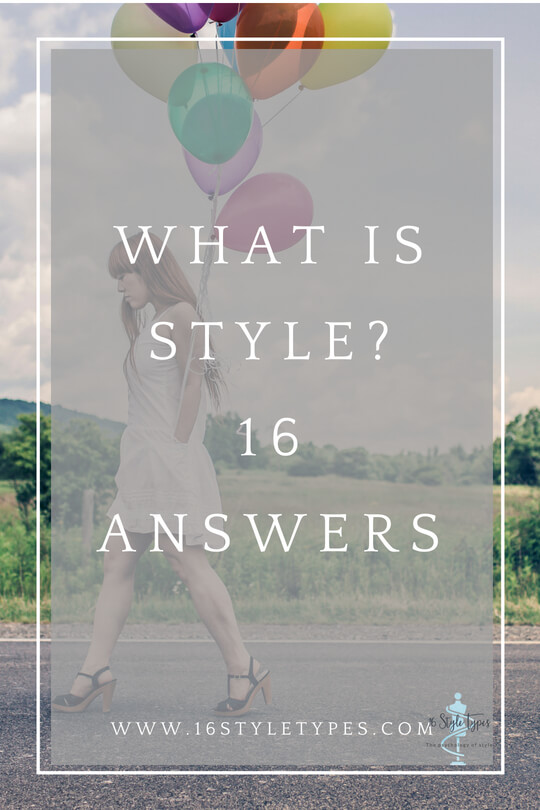
ENTP: Enterprising, chameleon style
Style is a total look. It could mean you’re a gothic person or high-end ballroom person. Whatever outfit you’re in, your makeup, hair, demeanour – it’s all congruent.
Style is very important…I feel like it’s something deep and psychological that each woman needs to figure out for herself. You’ve got to get everything set with your style, so you can let it fade in the background. Once I’ve done my style in the morning, I do not look at it the rest of the day, I can forget it – get it out of the way and then focus on the moment. I don’t want to lose focus on the person or task, I don’t want to be thinking about underwear riding up or my stomach sticking out over a pair of jeans.
I love the feeling and the different looks you can get from clothing. Outfits can make someone look 10 years older or younger. You can look strong or weak. Style makes me feel better. I love buying a new outfit and knowing I look good—younger and more vibrant for example.
INTP: Complex, theorizing style
I don’t think of style as stylish. Stylish may be trendy, or what a population considers appropriate. Style is a look, a feel, it’s a way of expressing who you are. For me, style is a set of recent skills, I didn’t pay attention to it for many, many years. When I got my doctorate, I got a color palette that was sophisticated, a categorization system that I liked. I’m always looking for refinements, I’m always looking for what’s natural.
People commenting on my style can be helpful, it can open options for me. I have always felt insecure about what I wear; reasons are part budget, part not knowing what will fit the group. I learned that people judge you on how you dress. It’s a statement. If people expect you to be a successful entrepreneur, they don’t expect you to dress like I do a lot of the time.
There was a study where people decide about you based on your shoes. People make judgments no matter what. Some are harsh, exclusionary, some are about trust.
ENTJ: Standout, powerhouse style
Style is my personal brand, it is part of me, it’s not something I put on. It’s the way that I am. I know that I’m aligned with my style and my personality and who I am. It’s seamless, when style works there is a flow to it – otherwise, it’s not me.
My style is confident, professional, fun, a bit edgy, because I have a very big side order of Feeling so I’m into fun and a bit more vulnerable than some. But that’s presence. When style is working, I don’t notice my clothing that much. It fits my body and me, otherwise I fidget.
Style is very important. Style says a lot about self-care and self-compassion. I want to look how I feel on the inside. I can spot other ENTJs by their take-charge attitude, it’s about presence as well as what they’re wearing. What do I wear when I’m casual? Not much different than what others wear to work.
INTJ: Independent, scientific style
Style is a way to express my personality and a tool to help me achieve my goals in life. Learning the style rules for my body and coloring have helped me feel more confident and able to be seen, something that as an Introvert I struggled with for years.
Knowing that I look good in an authentic way means that all I need to worry about when I’m standing up and presenting ideas is the content as my outside is sorted. My clothing feels like me, a second skin and I can use clothing and accessories to express different aspects of my complex personality depending on my mood and the occasion.
Learning about style has changed my life in a positive way. Having always felt like I didn’t “fit in” anywhere, discovering style has given me a new way to communicate so I don’t feel so much like an alien from a different planet.
ESTP: Resourceful, exploratory style
Style is feeling comfortable in the way I dress. When I go about socializing or I’m at work, I like to feel good. My wardrobe and jewellery and makeup are all working to help me look and feel the best that I can. I mix modern funky stuff with a few modern outfits that suit my style.
Style has an impact, everything must coordinate and match. I’m not going to have a romantic blouse with a corporate jacket. When I get a new item, I’ll try it with several things, so I can see how it will work. I had to learn about style, I didn’t just know “This looks good.”
I made a vest out of my Dad’s ties after he passed away, I like to try different things like that. Knowing my colors is a wonderful practical tool for me, I’ve used that system ever since I learned about it. Classic pieces that are always in style. Corporate skirt, change it up with a casual top. If it’s all in my color palette, it will work.
ISTP: Individualistic, maverick style
Style is fitting into the context and being ready for the elements. Good gear is important. For me, style is a 2 on a scale of 1-10. The fashion industry is manipulative and wasteful – things don’t last, they’re throwaway, and I don’t want to support the sweatshop fashion industry.
I’m happiest when my clothing fits and I physically feel comfortable. With all the fake stuff, I love natural fibres. The non-naturals make you sweat. Ick. Clothes should be well-tailored, so they fit comfortably.
I want to find what I want to find. I’m pissed off when I want green and it isn’t in season and I can’t find it. I don’t like so many of the styles, I don’t want to fit in. And that reaffirms my individuality. However, if I’m with a group of people who buy into fashion and I don’t, then I do not feel accepted because I assume I’m being judged. Does my style make a statement about me? No ISTP is like any other ISTP.
ESTJ: Effective, traditional style
Style is a sense of fashion that fits the person quite uniquely. It’s how you portray yourself to the outside world, how you pattern yourself. Style is a strong art form available to some people. For me, the most important thing is that clothes are appropriate. If I think I’m inappropriately dressed I want to open a hole in the ground and fall through it. If I don’t know the dress code, I don’t want to go.
I’m not a slave to fashion when it comes to comfort – shoes must be comfortable, for example, not just look good. In my clothing, there’s a bit of a twist to things. Classic with a twist. If I forget the twist it’s boring; it’s a good day if there’s a twist.
I tend not to notice much what others are wearing, I assume they’ve gone through a similar process unless we’re all in ball gowns or something. Then you do look at each person. Otherwise, I don’t notice much.
ISTJ: Appropriate, organized style
Style is looking presentable and respectable. Presenting my personality in a visual way that matches my mood, putting my best foot forward.
I am comfortable in casual clothing but when I go out with friends, the tops are dressier. I don’t like to look sloppy when I leave the house. For errands I might not dress up, but it is at least the best for the day—a clean shirt, may not be stylish but it will be presentable.
Comfort is huge – the fabric must be right, the cut must feel great, the feel of the fabric. And the right color – put me in the wrong color, I just hate that! I don’t like to stand out—that’s an ISTJ thing. I have no problem with a bright color if it’s a flattering color for my skin tone, but it can’t be flamboyant or flashy. I need to fit in to a room full of people. Then I feel good. Flashy makes me uncomfortable.
Seeking style?
This article, and others on each of the 16 Style Types, is intended to give a taste of the variety amongst the 16 Style Types and some of the differences. This piece and others here, are intended to be illustrative of the many ways of thinking and feeling about style. Too often in the fashion and style blogging worlds is a “one size fits all” approach given, and our intention here at 16 Style Types is to provide women of all style types with a validated and illuminated pathway to discover her style.
Please note this, and any other article on the 16 Style Types website, are not intended to act as a ‘sorting’ mechanism to work out which Style Type you are.
Going through our Discover Your Style Best Fit Type Process and using your own Style Types Report lets you benefit from the three years of research invested in helping women understand themselves and their best approach to style, shopping, wardrobing and travelling her unique, authentic style pathway.
So if you are seeking a style solution you’ve not yet been able to find yet… one that is crafted intelligently around your psychology – not just your physicality… then you’re ready to Discover your Style Type.
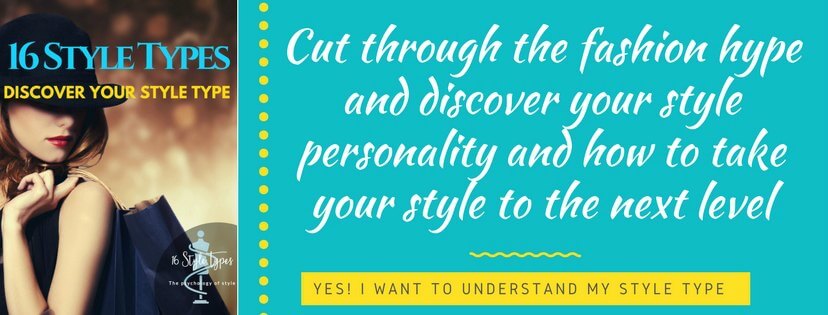
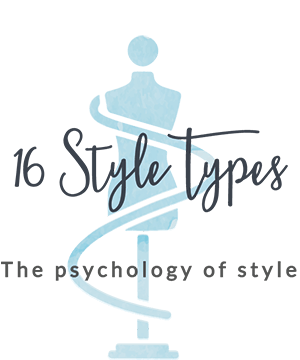
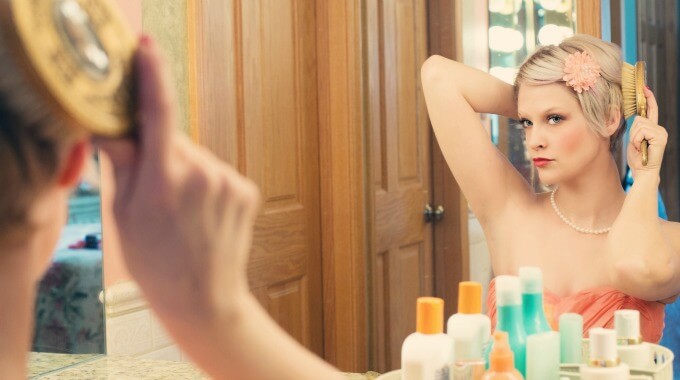
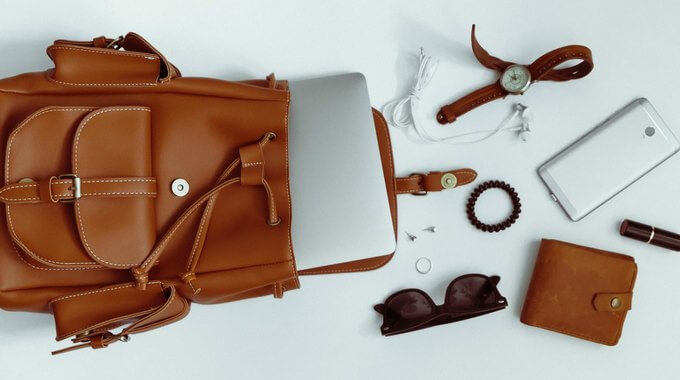
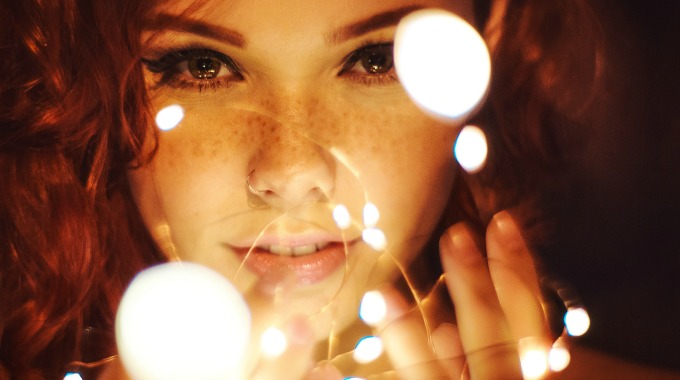
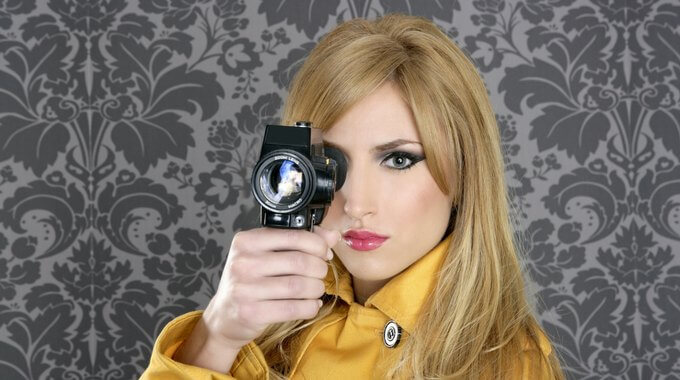
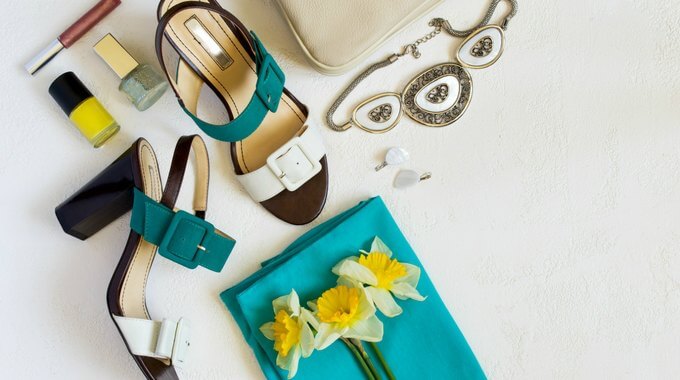
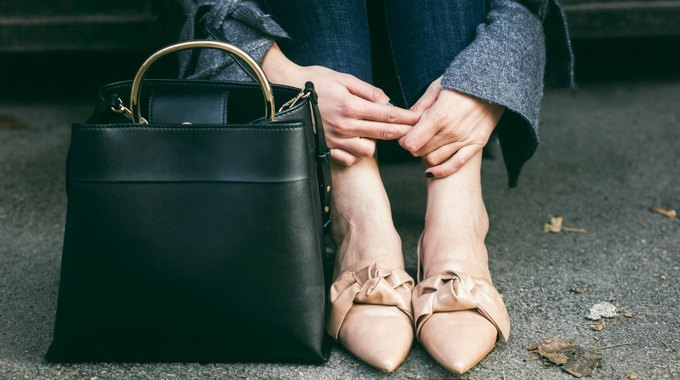
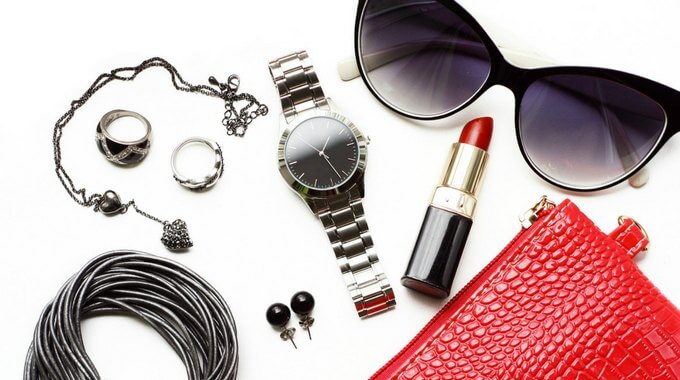
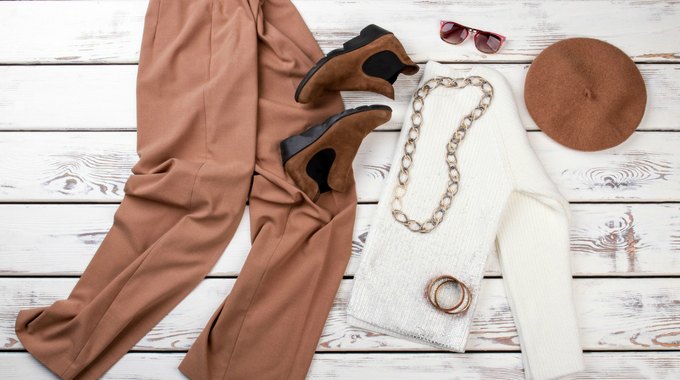
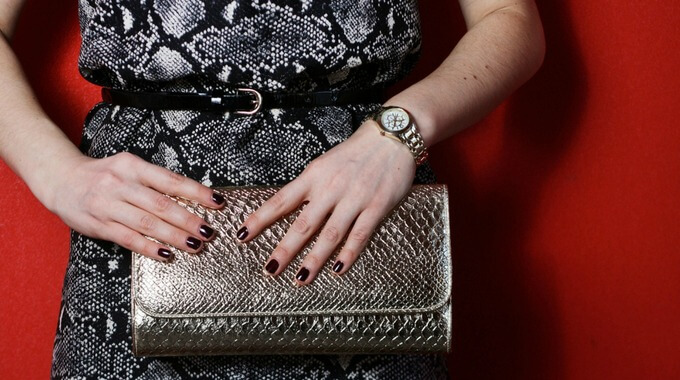
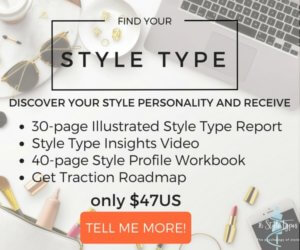
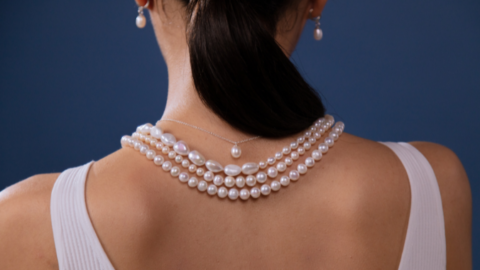

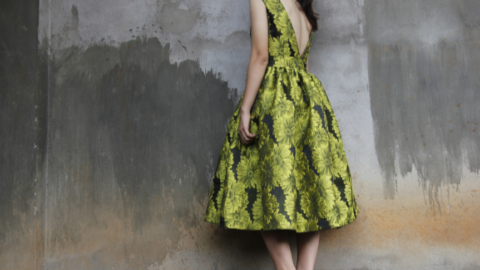
What’s ironic is that I can see myself in five of these, and parts of myself in several others. Whether this speaks to similarities between types or the specificity of the descriptions, I’m not sure, but for me it only muddies the water further….
Thanks Adrienne for raising an interesting point. For those of us who have been working with psychological type for years, what you say rings true in many applications – we’ve all read articles on leadership and type, or communication and type, or relationships and type, and been able to relate to more than one type. I guess this is where the intention of those articles comes into play – they’re not intended to be a ‘sorting’ mechanism to work out which type you are, they’re meant to illustrate some of the variety and differences that different types have.
And so it is with this piece. It isn’t intended to help a reader find her style type, but to illustrate, in this “one size fits all” fashion world, the variety of style approaches that exist – at least 16! And certainly our research, conducted over three years, shows that each Style Type has a similarity with three others while still having its own unique approach to creating a style that feels absolutely their own.
Thanks again for raising such an interesting issue!
Thank you!